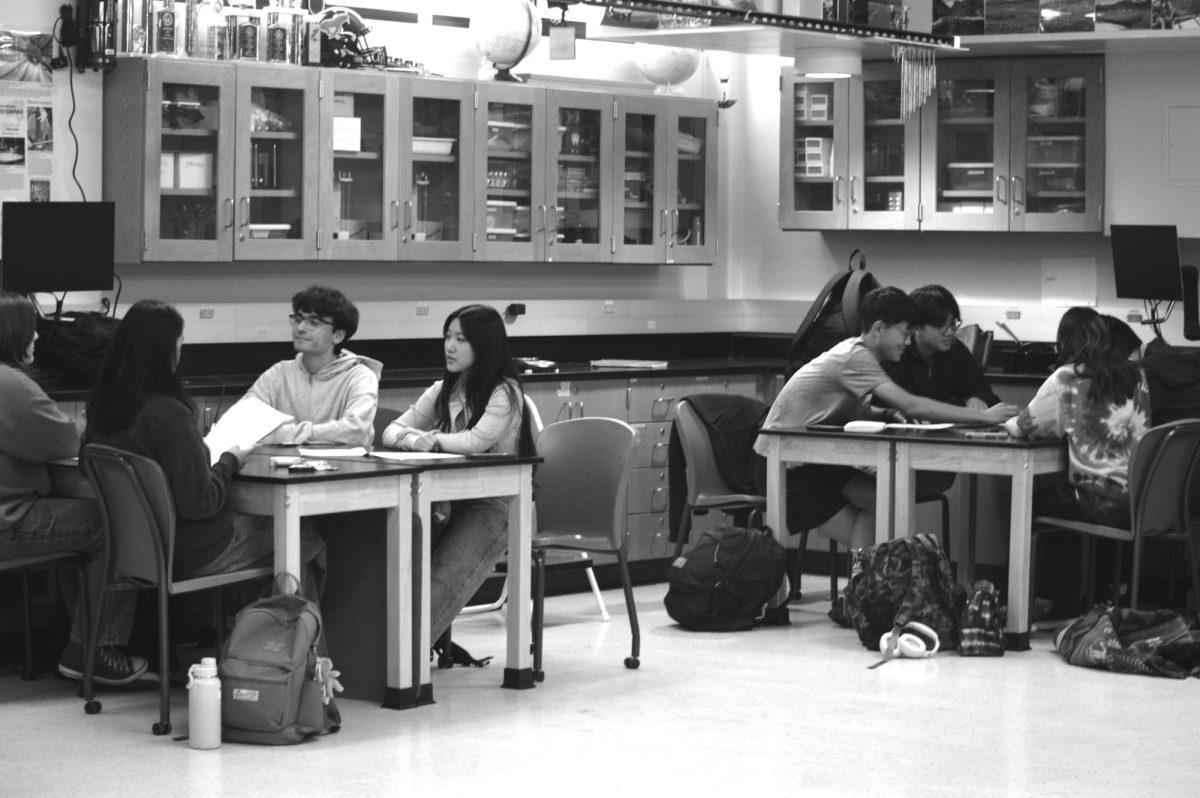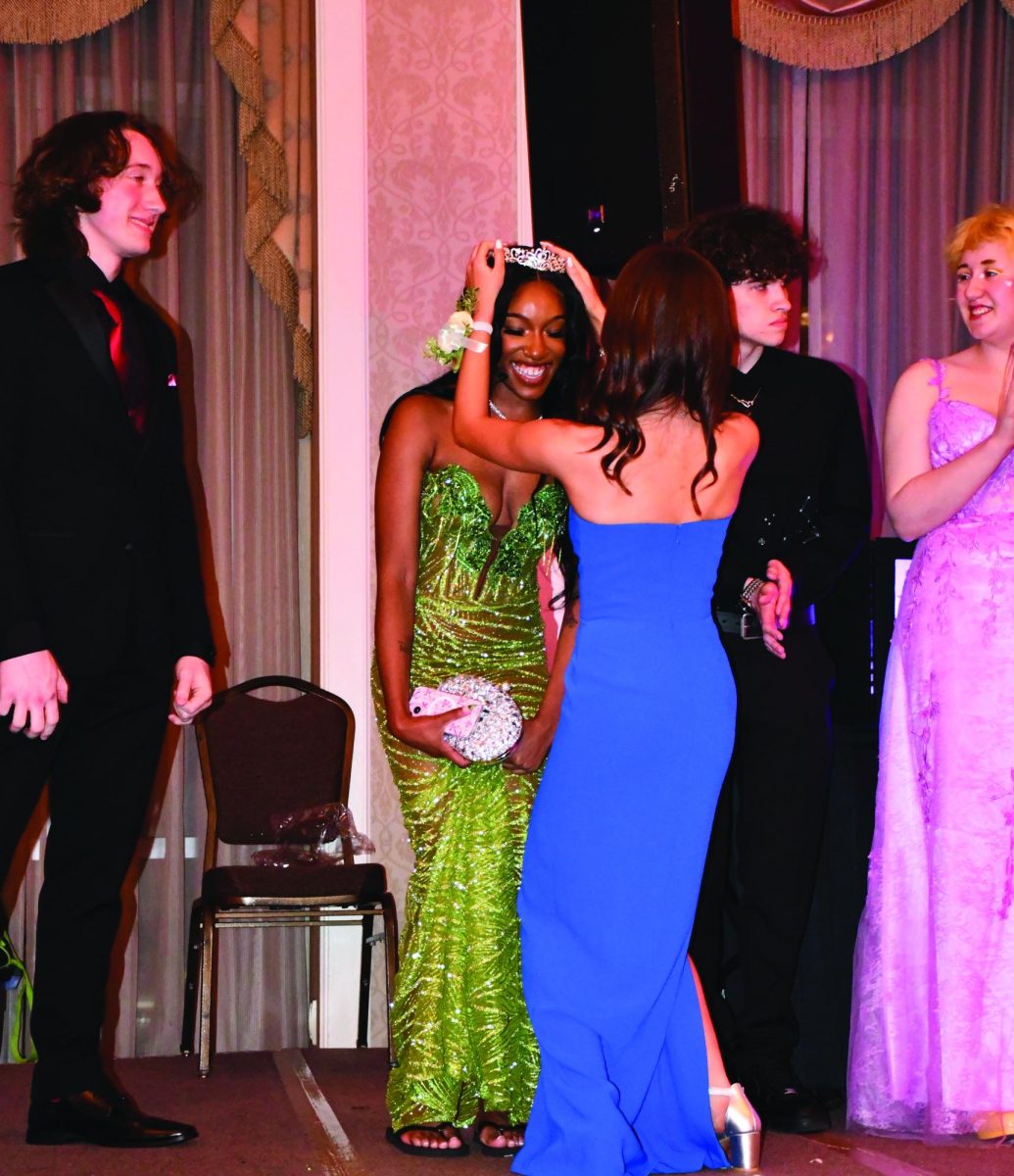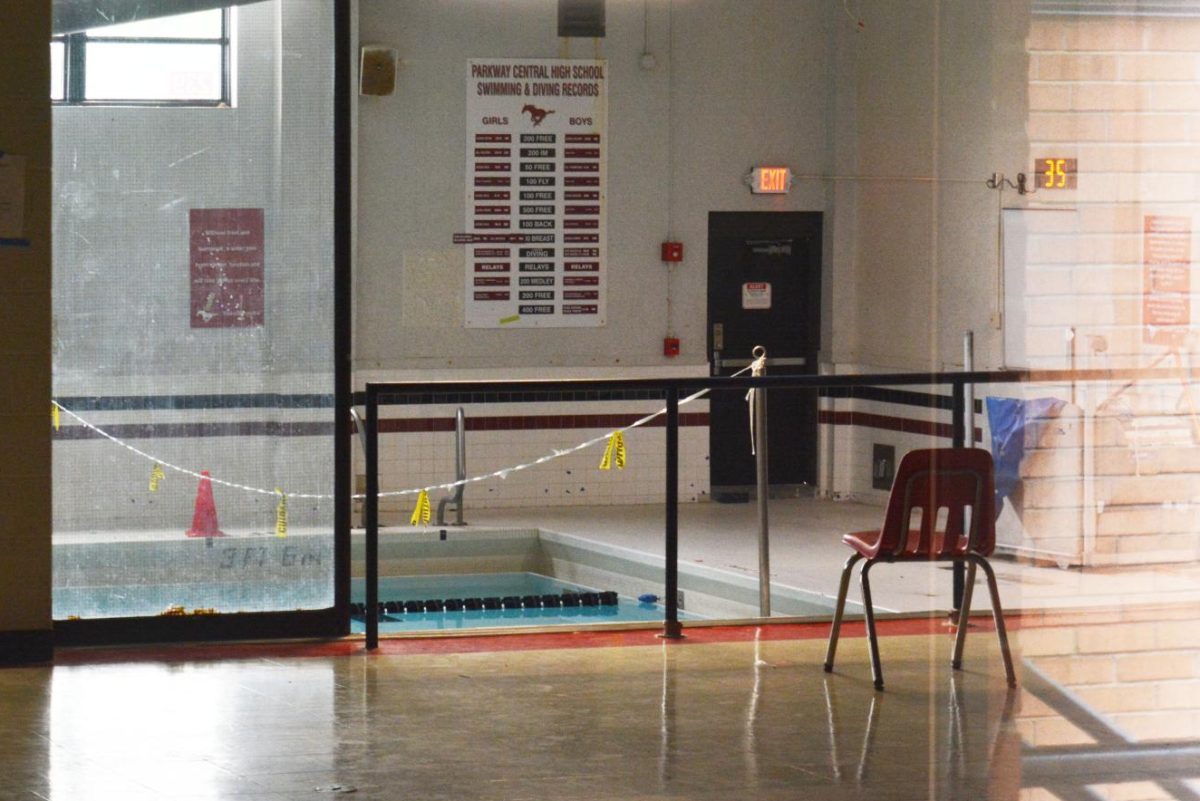As presidential debates draw to a close and the constant campaign ads come to a halt, voters around the country will line up to cast their votes on November 6. For many young people, the election will be their first voting experience. Seniors Abby Dalton, Gabe Ditch, and Alyssa Yee are among these first-time voters.
Although each of the seniors have their own distinct opinions, many of the issues they find decisive in the election are the same.
“The issues I look most into are the candidates’ plans for the economy and reducing the national debt, foreign policy, and any special goals they have set for their term,” Yee said.
According to Dalton, the same issues are important in deciding her vote, but she also places a particular focus on women’s rights. Ditch also pays close attention to issues involving health care, education, retirement and social security, foreign investments, and employment.
“The national debt is something that should be a priority along with finding jobs and fixing the amount of Americans that are unemployed,” Ditch said.
Despite their differing views, they do share some ideas, such as the importance of being educated about the issues in order to make decisions about them.
“I believe that it’s important that you vote for what you value and think is important, but I think we forget to keep an open mind and to be respectful when talking about issues,” Yee said. “It’s frustrating when you talk politics with someone and they become very defensive over their position. There is nothing wrong with defending what you believe in but there is a wrong and a right way to do it.”
Establishing political beliefs is key for any voter, but many agree that with the current state of the government, with split-ticket voting and inconsistencies with parties becoming more prevalent, that being knowledgeable about all the issues and stances of the candidates can be difficult.
“Being politically informed, I believe that I get the basics down of what each party stands for but nowadays, it’s so hard with candidates changing their word and party lines blurring,” Yee said. “Just the other day I was watching a democratic candidate’s campaign commercial, and some of the things they said sounded conservative. It gets very confusing to know what is true and what is false.”
Despite the difficulties, all of these first-time voters said that their families helped them establish their values and stay informed about issues, but were not the only influences on their political beliefs.
“I also watch the news and debates so that I can form my own opinions,” Dalton said. “I think I am politically informed.”
According to Ditch, the debates helped him “grasp the different policies and hear what each candidate had to offer.” Although Dalton and Ditch found the debates helpful, there is some disagreement about whether or not they are truly beneficial in helping to determine the right candidate for each voter.
“I acknowledge that debates are a good way to get down to important issues and burning questions, but sometimes it’s embarrassing to see these men talking over each other and arguing,” Yee said. “It starts off all friendly and respectful but then things can get really tense really fast. I’m not really the debate type of person.”
According to Dalton, the campaign period, from the presidential debates to the issues being argued, is a crucial time for young voters to establish their beliefs and act on them.
“Getting to vote is such an exciting opportunity,” Dalton said. “I’m so glad that I turned 18 on an election year.”



